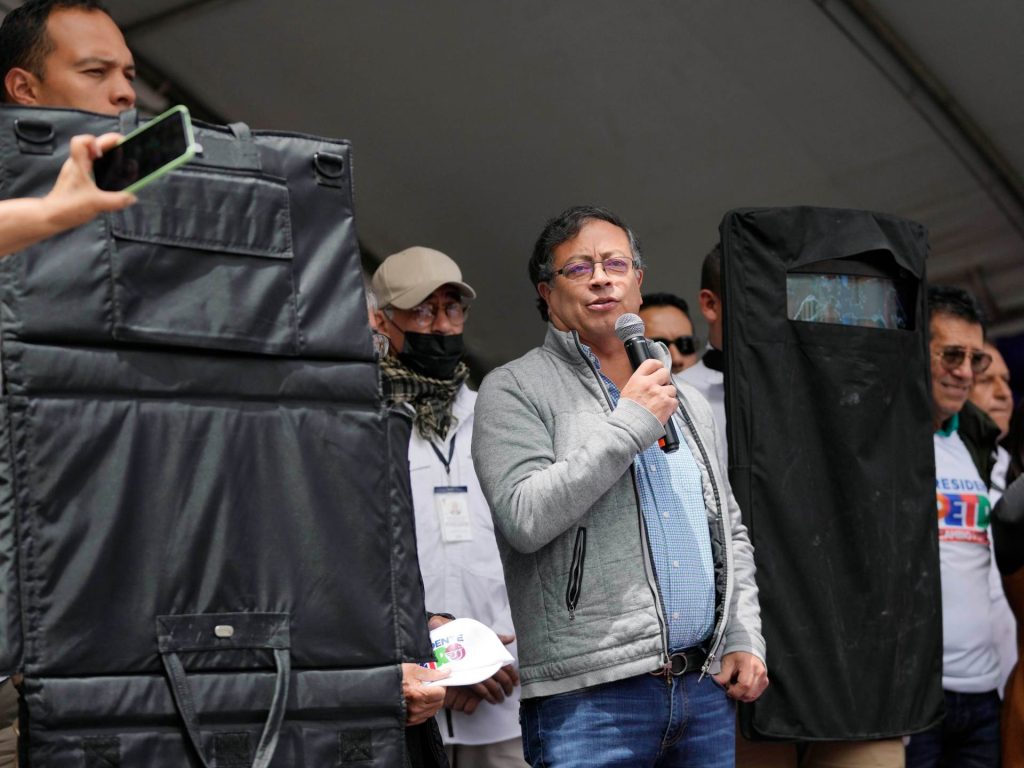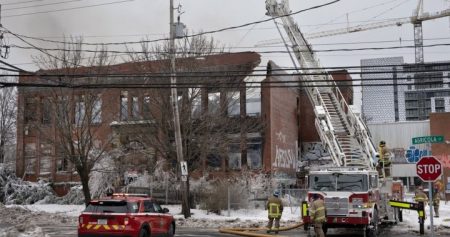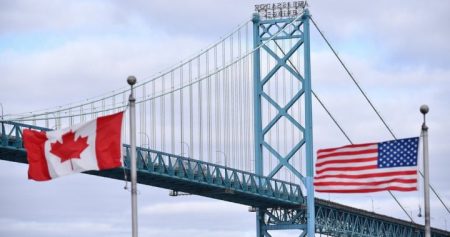Government Chaos Erupts in Colombia as President Gustavo Petro Calls for Cabinet Resignations
Introduction to the Crisis
President Gustavo Petro of Colombia has sparked widespread political turmoil after demanding the resignation of his entire cabinet. The move came after a public dressing-down of his ministers on live state television, where he criticized their performance and accused them of underperforming. The crisis deepened when several high-ranking officials, including the Labour Minister and the Environment Minister, stepped down, citing disagreements over recent appointments and the direction of the government. This dramatic turn of events has left the nation questioning the stability of Petro’s administration and its ability to deliver on its campaign promises.
Building Tensions Within the Government
The seeds of discontent within Petro’s cabinet were sown weeks ago when the president made a series of controversial appointments. One of the most contentious decisions was the naming of Laura Sarabia, Petro’s former chief of staff, as Foreign Minister. Sarabia has been embroiled in a corruption investigation and has also faced allegations of illegal wiretapping, making her appointment deeply unpopular among some cabinet members and the public. The tension escalated further when Petro engaged in a public standoff with U.S. President Donald Trump over migrant deportation flights, a move that drew criticism from both domestic and international observers.
The Public Scolding: A Five-Hour Rebuke on Live TV
The situation reached a boiling point when President Petro subjected his cabinet to a five-hour public rebuke on state television. During the broadcast, he accused several ministers, including those in charge of trade, education, and health, of failing to deliver on key projects. The unprecedented display of dissatisfaction was seen as a humiliating experience for the cabinet members and raised questions about Petro’s leadership style. The public scolding was followed by his demand for the entire cabinet to resign, a move that caught many by surprise and plunged the government into chaos.
Wave of Resignations: Ministers Step Down Amid Controversy
In response to Petro’s call for resignations, several ministers wasted no time in stepping down. Labour Minister Gloria Ramirez was among the first to announce her resignation on social media, where she emphasized the need for politics to proceed without sectarianism or ambiguity. She was soon followed by Environment Minister Susana Muhamad, who cited her opposition to the appointment of Armando Benedetti, a key aide to Petro, to the cabinet. Benedetti has faced allegations of violence against women and influence peddling, and his appointment has been widely criticized. Additionally, Culture Minister Juan David Correa and Jorge Rojas, the head of the state agency DAPRE, which manages significant state funds, also resigned amid the ongoing crisis.
Fallout and Controversy Over Appointments
The controversy surrounding Armando Benedetti’s appointment has become a focal point of the growing dissent within the government. Benedetti, a close ally of Petro, has denied the allegations against him, claiming that false stories are being spread about him. However, his appointment has been met with fierce resistance from several ministers, who view it as a step backward for the administration. The selection of Laura Sarabia as Foreign Minister has also drawn fire, with critics arguing that her involvement in corruption and wiretapping scandals makes her unfit for the role. These appointments have not only fractured the cabinet but also eroded public trust in Petro’s leadership.
Implications and the Road Ahead
The mass resignations and public feuds within the government have raised serious concerns about the future of Petro’s administration. With key ministers stepping down and others expressing their discontent, the president faces an uphill battle in restoring stability and unity within his team. The crisis has also highlighted the challenges Petro faces in fulfilling his campaign promises, particularly in the areas of social reform and anti-corruption efforts. As Colombia navigates this uncertain period, all eyes will be on Petro’s next move and his ability to rebuild a functional and cohesive government. The coming weeks and months will determine whether this crisis marks a turning point for his presidency or a fatal blow to his political agenda.












